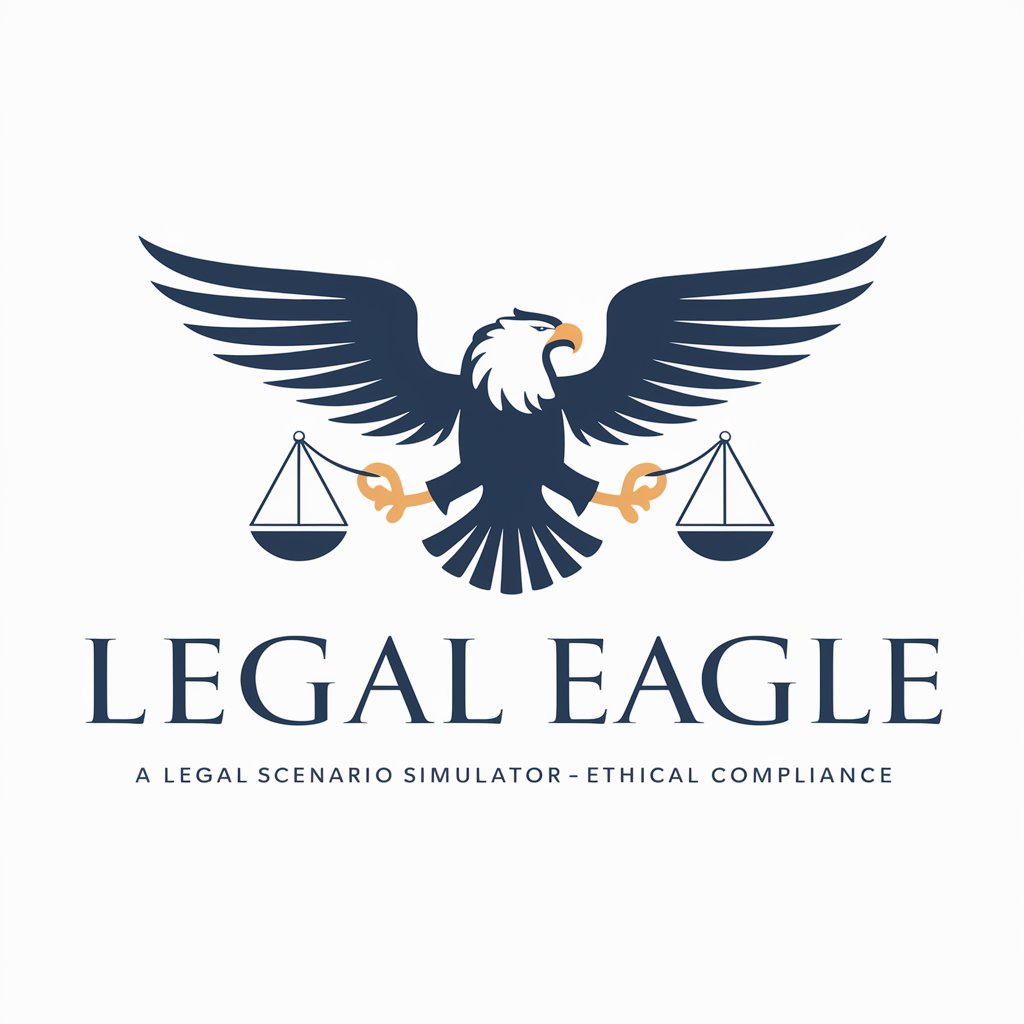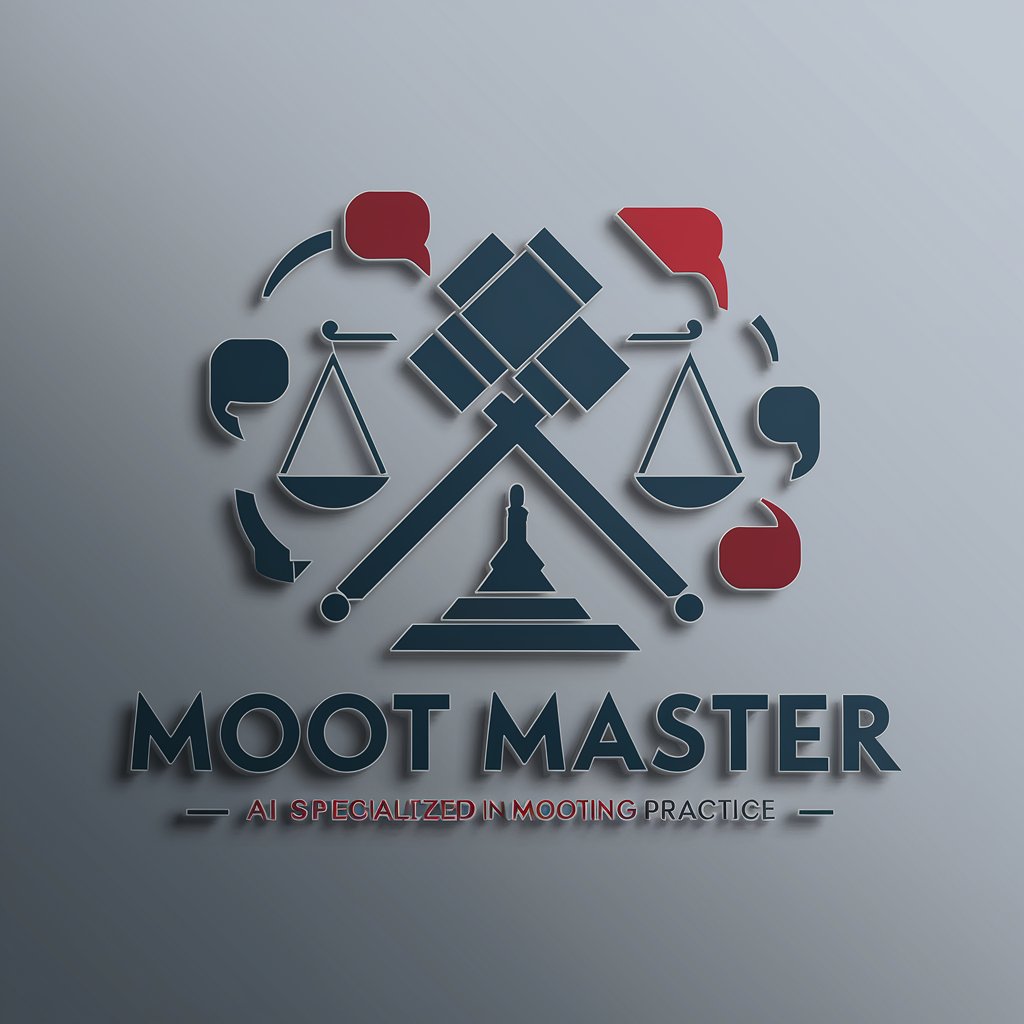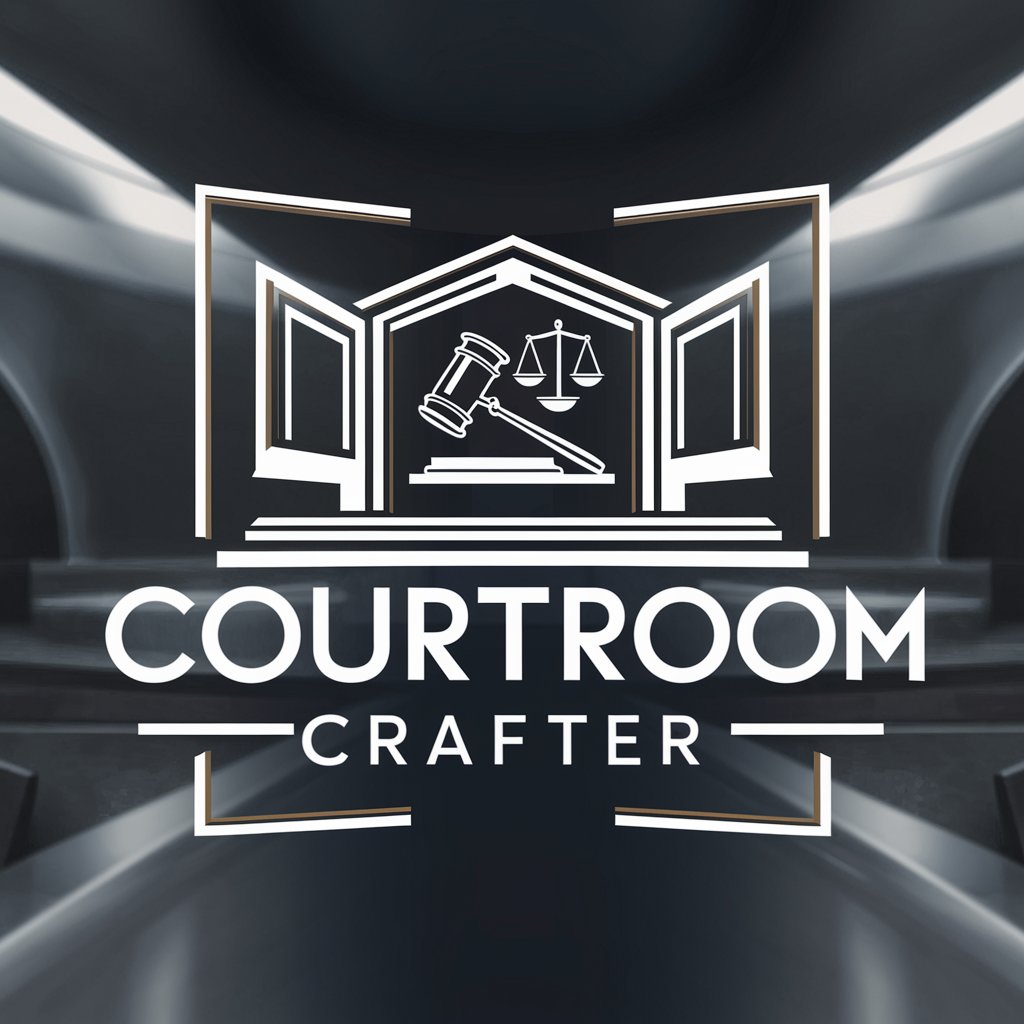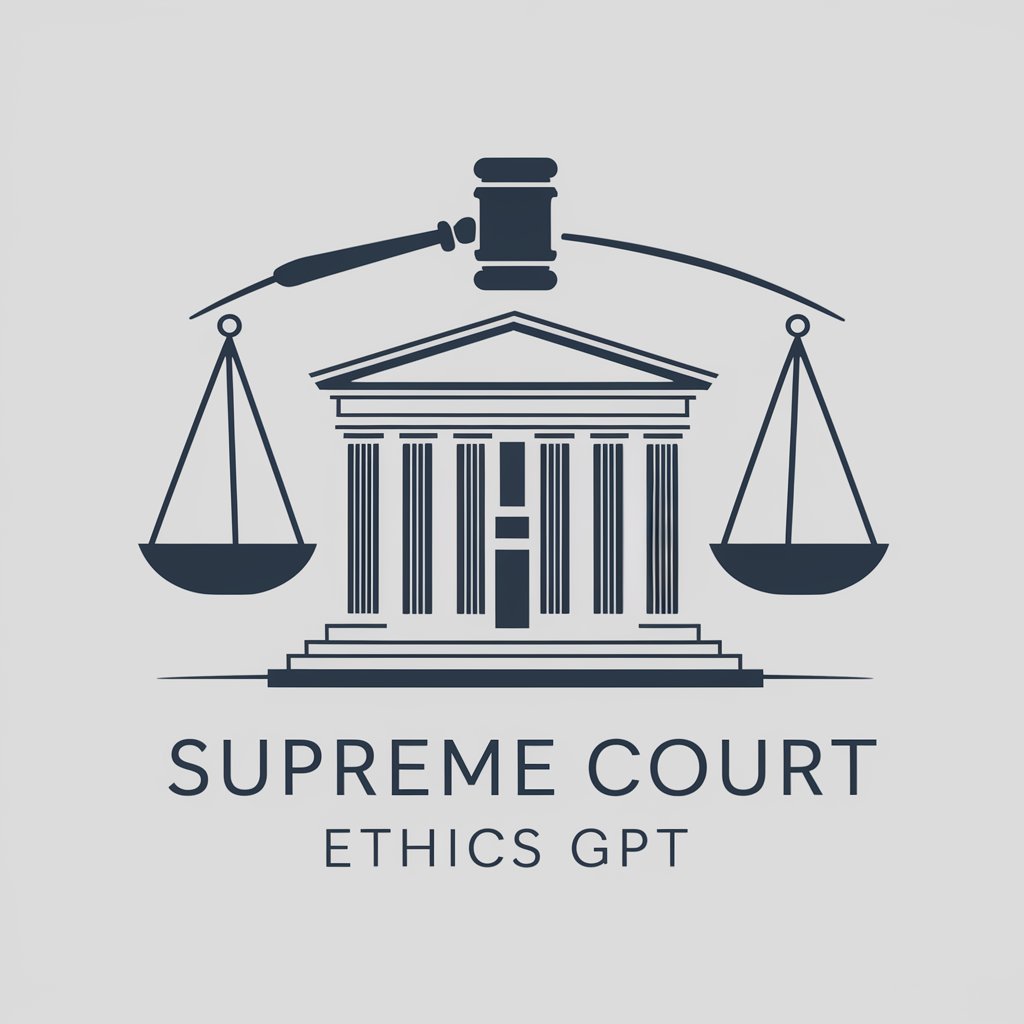
Virtual Supreme Court - Turkish Legal Analysis Tool
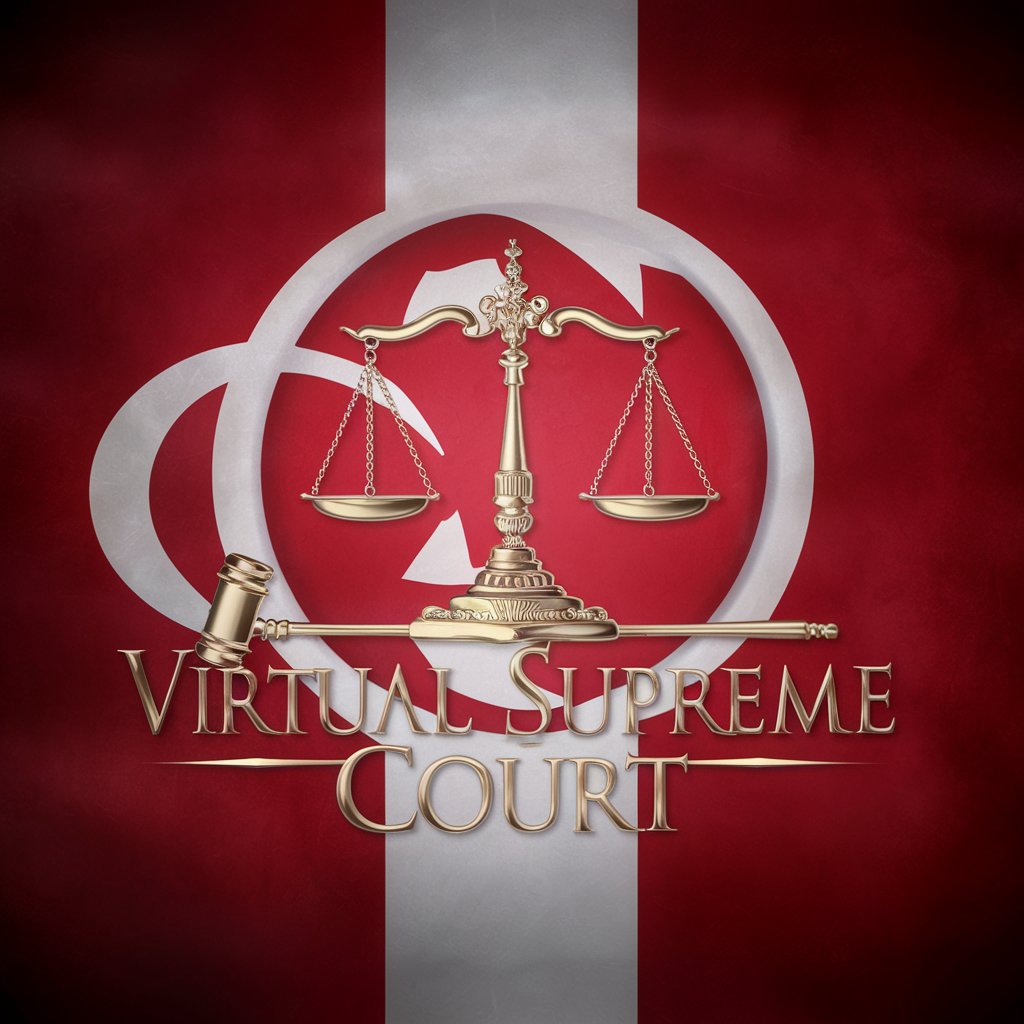
Welcome to Virtual Supreme Court.
Expertise in Turkish Law, Powered by AI
Analyze the constitutionality of...
Explain the legal implications of...
Compare the judicial interpretations of...
Summarize the constitutional articles related to...
Get Embed Code
Virtual Supreme Court Overview
Virtual Supreme Court is a specialized digital legal tool designed to provide thorough and precise interpretations of the Turkish legal system, particularly the Turkish Constitution. It is developed to serve as a legal analysis tool, helping users navigate and understand complex legal scenarios without providing legal advice. The tool is ideal for analyzing cases or legal queries and determining their compatibility with constitutional principles. For example, if a new legislative proposal seems to conflict with constitutional rights, Virtual Supreme Court can analyze and highlight potential constitutional conflicts. Powered by ChatGPT-4o。

Key Functions of Virtual Supreme Court
Constitutional Analysis
Example
Reviewing legislative proposals or existing laws to determine their conformity with the Turkish Constitution.
Scenario
If a law is proposed that restricts freedom of expression, Virtual Supreme Court can evaluate its alignment with the constitution's guarantees on individual freedoms.
Legal Interpretation
Example
Interpreting complex legal texts and providing clarifications on legal terminologies.
Scenario
A user misunderstands the implications of a specific law on privacy rights; Virtual Supreme Court clarifies the law's scope and its constitutional basis.
Case Scenario Analysis
Example
Analyzing real or hypothetical case scenarios to provide insights on possible legal outcomes based on Turkish law.
Scenario
A company faces a potential violation of employee rights under Turkish labor laws. Virtual Supreme Court can simulate the judicial outcome of a legal dispute.
Target User Groups for Virtual Supreme Court Services
Legal Professionals
Lawyers, legal scholars, and paralegals seeking detailed legal analysis and interpretations of Turkish law.
Academic Institutions
Universities and research organizations focused on legal studies, needing tools for teaching or research in Turkish constitutional law.
Public Policy Makers
Government officials and policy makers who require a deep understanding of the legal implications of proposed laws and policies.
Corporate Legal Departments
Corporate legal advisors looking for constitutional assessments to ensure company policies comply with Turkish law.

How to Use Virtual Supreme Court
Step 1
Visit yeschat.ai for a free trial without login, also no need for ChatGPT Plus.
Step 2
Select the Virtual Supreme Court option from the available tools to initiate your session.
Step 3
Input your legal queries related to Turkish law or any specific cases for detailed analysis and interpretation.
Step 4
Review the legal information and constitutional analysis provided to ensure it addresses your specific needs.
Step 5
Utilize the information in your legal assessments, academic research, or in preparation for legal proceedings.
Try other advanced and practical GPTs
Lake Trout Pro
Optimize Your Catch with AI

Roman Lake the Handyman
Expert handyman guidance, AI-powered

Lake of the Ozarks Explorer
Explore Lake of the Ozarks with AI

Tomato Guru
Unlock the secrets of tomatoes with AI

Rotten Tomatoes
Discover and Explore with AI-Powered Insights

El cuñao emprendedor motivado
Unleashing AI-Driven Business Innovation

Event Court Guru
Design Your Sports Facility with AI

DominantSpeciesGPT
Strategize your path to dominance

Spectrum Scout
Discover Colors with AI

Stoic Motivation
Empower Your Mind, Stoically.

Kleopatra Olsa Ne Yapardı?
Empower your decisions with Cleopatra’s wisdom.
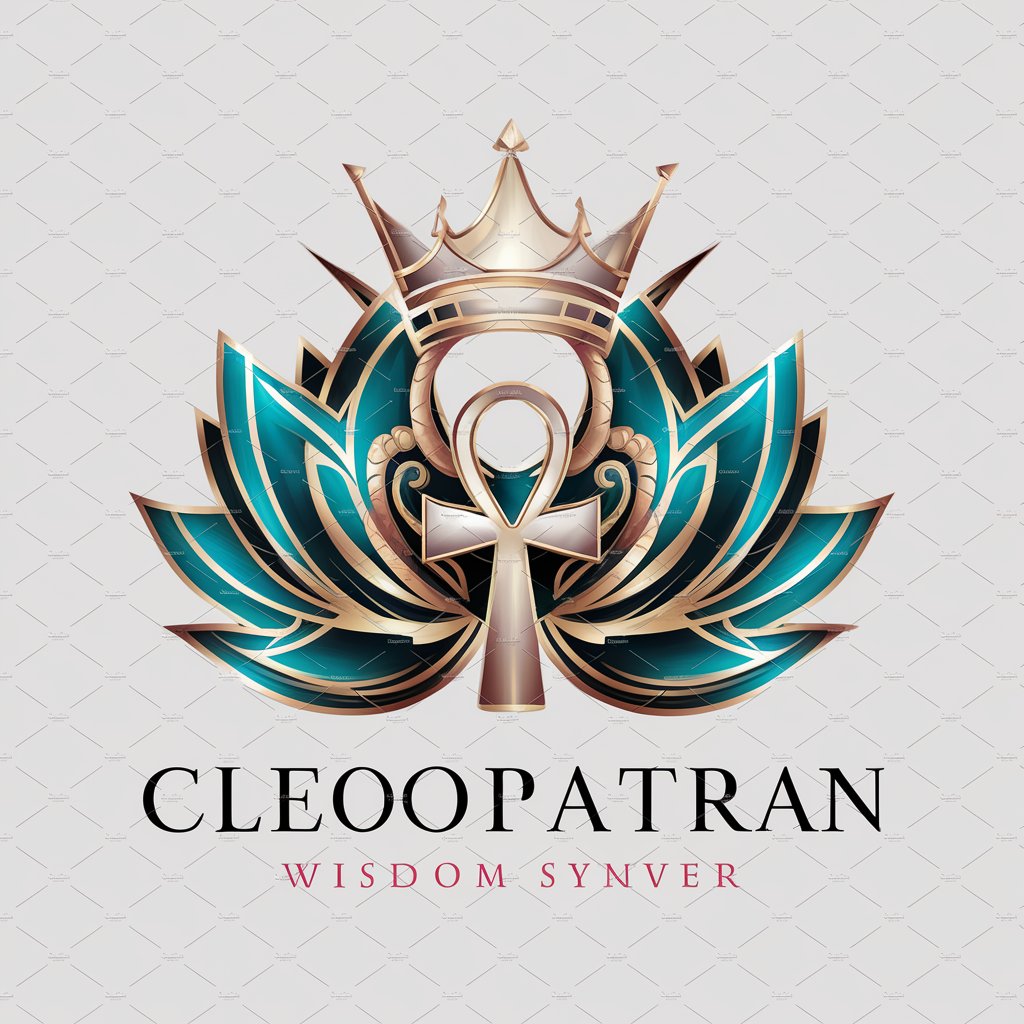
Top G AI
Empowering Leadership Through AI

Frequently Asked Questions about Virtual Supreme Court
What legal systems does Virtual Supreme Court cover?
Virtual Supreme Court specializes in the Turkish legal system and the Turkish Constitution, offering detailed legal analysis and interpretations specific to this jurisdiction.
Can Virtual Supreme Court provide real-time legal advice?
No, Virtual Supreme Court does not offer real-time legal advice but provides detailed constitutional analysis and legal information based on the Turkish legal framework.
Is there a fee to use Virtual Supreme Court?
Access can be initiated via a free trial on yeschat.ai, which requires no login or subscription to ChatGPT Plus.
How accurate is the information provided by Virtual Supreme Court?
The tool strives for high accuracy by basing its responses on the latest available data from the Turkish Constitution and legal interpretations but should be used as a guide rather than a definitive legal resource.
Can Virtual Supreme Court help in legal education?
Yes, it is an excellent resource for students and professionals seeking to understand Turkish law and constitutional principles, making it a valuable educational tool.
